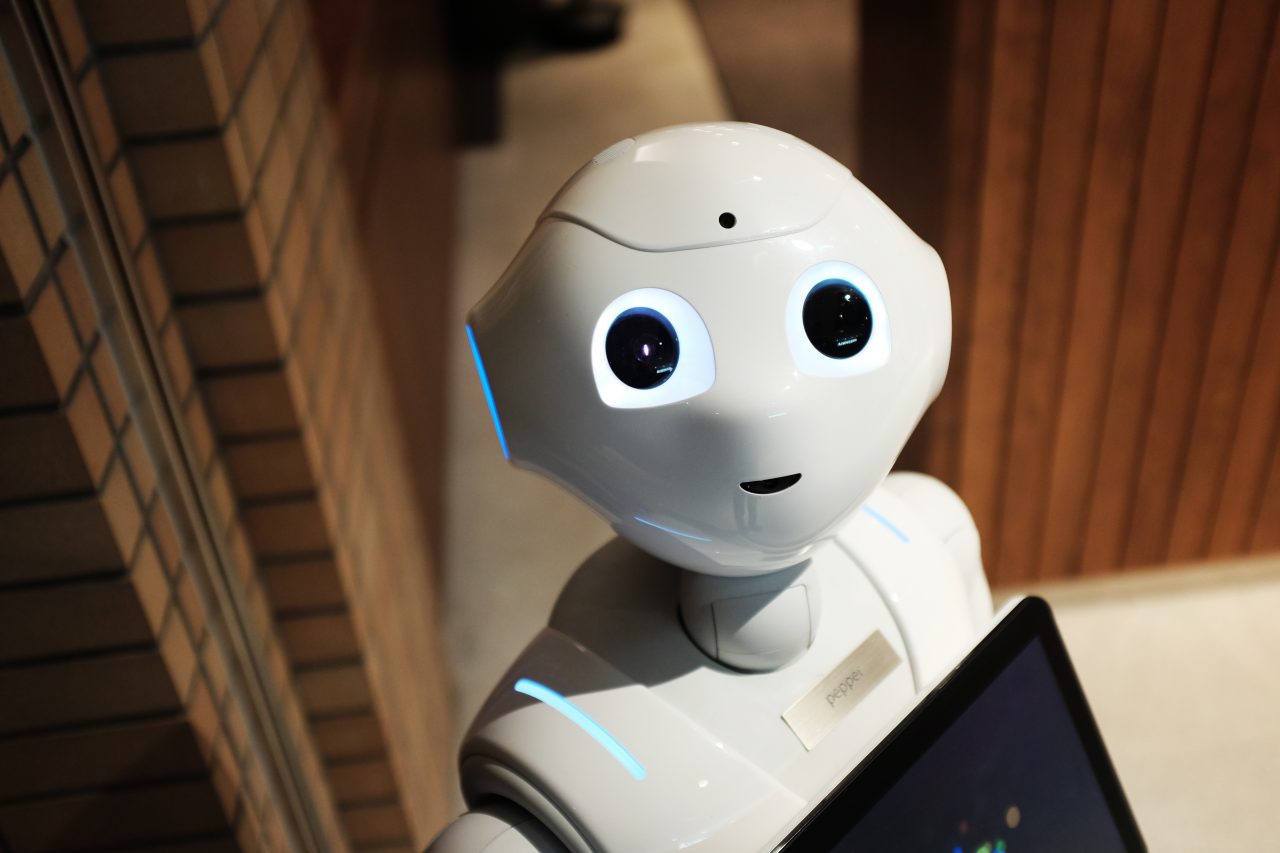Artificial Intelligence (AI) is a concept that has a long standing tradition in the realm of science-fiction, popularized by Hollywood movies and iconic writers such as Isaac Asimov. However, AI has also received increased attention in recent years following news of progress in the field and the prospect of new, tangible, innovation such as self-driving cars. The Internet has played an important role in these developments, particularly as the platform for AI enabled services – some with significant implications for the continued development of a trusted Internet.
The Internet Society is pleased to release a policy paper on Artificial Intelligence and Machine Learning to help navigate some of the opportunities and challenges the technology presents, and to support an informed debate by de-mystifying some of its fundamental concepts. A key aspect is understanding machine learning, a specific AI technique that has been driving the development of new algorithms to substitute or support human decision-making – some of which are already deployed online. Smart assistants, such as “Siri” or “Alexa”, use machine learning to interpret voice commands, email servers use the technique to better filter out junk mail, and some e-commerce websites use it to personalize the web experience of their users.
AI is taking on an increasingly important role in international discussions on the Internet. Recently in Dusseldorf, as part of the German G20 presidency, ministers responsible for their countries’ digitalization agendas met with other stakeholders to discuss policies for the digital future. The impact of AI driven applications, alongside strategies for how to capitalize on the Internet’s vast opportunities for productivity and economic growth, were centre stage.
The ability of machines to exhibit advanced cognitive skills to process natural language, to learn, to plan or to perceive, makes it possible for new tasks to be performed by intelligent systems, sometimes with more success than humans. By using AI-driven automation in existing industries, alongside using AI technologies in new emerging areas, artificial intelligence could vastly boost productivity and economic growth.
AI is a technology that could change the world for the better. It can make medical procedures safer, increase productivity and boost the economy, or be used in applications to improve the quality of life for the disabled. But, AI is also a technology that comes with challenges, such as accountability, security, technological mistrust, and the displacement of human workers.
The private sector has acknowledged these opportunities, and investments in AI have grown over the past several years. Major corporations have invested in developing AI technologies. Forrester predicts that investments in AI are set to grow by 300% in 2017 alone. At the same time, workers fear that their livelihood could be replaced by machines. There are serious questions as to who will benefit and who may lose.
However, beyond the economic impact that AI may have, AI will also affect how people perceive and use the Internet. It has the potential to intensify users’ concerns surrounding the Internet, such as questions of accountability, openness, safety, security, and its socio-economic impacts.
With the potential to dramatically impact the economy and society in the near future, AI has moved to the forefront of many policy debates around the world. These debates range from the governance of AI, such as ensuring accountability of algorithmic decisions, to mitigating the impact of AI on employment. There are clear challenges for AI that must be addressed now to support the technology’s positive future.
It is important to note that the anticipated impact of AI is largely based on predictions and estimates. But regardless of the level of impact, AI will affect the world’s economies, citizens, and the Internet.
It is up to all stakeholders today, be they policymakers, businesses, technical, or civil society, to ensure that AI’s impact is a positive one by proactively tackling the challenges, while ensuring the opportunities remain available.
Please read and share our new policy paper: Artificial Intelligence and Machine Learning.

